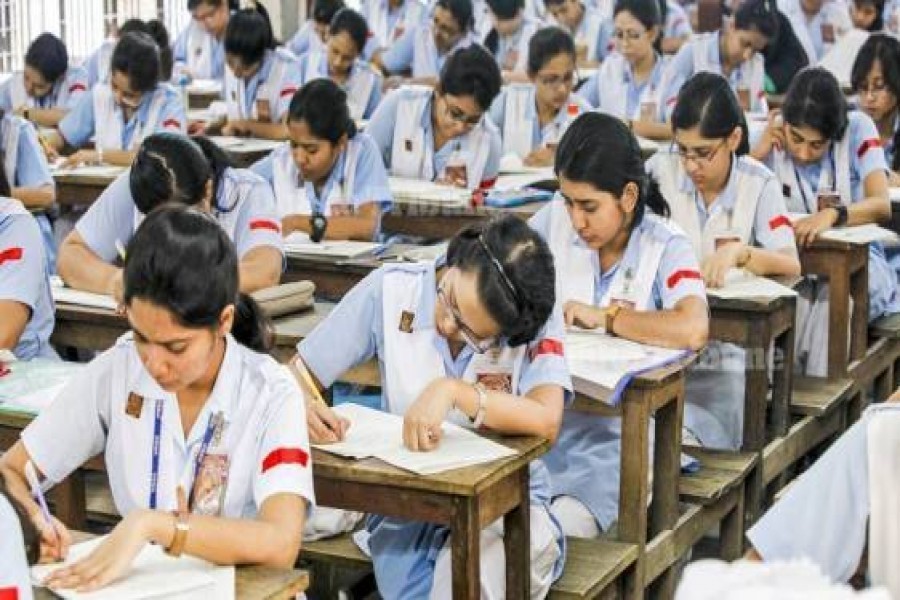To cancel or not the Higher Secondary Certificate (HSC) examinations was a most critical decision. Finally, the decision came in favour of cancellation. No such decision can please everyone, particularly when the possibility of a stigma of automatic pass is likely to stick to an entire batch of students. Importantly, this batch of students completed their academic years and were preparing for their exams scheduled for starting from April 1 last. Now the top category of students surely have reasons to feel slighted when references to their promotion without examination are made even jokingly. They will bear the scar all through their life unless they excel in higher education and follow it with great achievements. As for the average students, it will not make any difference. But nothing could please more the laggards who fail in examinations. Then the argument that some students do even better in the HSC than the SSC (secondary school certificate) examination because they work hard cannot be entertained because the opposite is no less true.
Better it would be to stick to facts rather than fictitious hypothesis. Actually both the percentage of pass and the number of top achievers or GPA-5 scorers come down gradually from Junior School Certificate (JSC) to SSC and from SSC to HSC. In 2015, the batch that appeared for the JSC exam had a pass rate of 92.33 per cent with 196, 263 GPA-5 achievers. It translates into 8.63 per cent of the successful students. Now this batch of students appeared for SSC exam in 2017 and their percentage of pass was 81.21. The number of GPA-5 achievers came down to 104,761 which is 5.86 of the total. At the HSC level, the percentage of pass achieved by the same batch of students in 2019 dropped to 73.93. Their number of GPA-5 scorers also came down to 47,586 -- just 3.56 per cent.
So, the apprehension that results prepared on the basis of the JSC and SSC performances will deprive some students of what they could achieve from appearing at the exam is misplaced. Indeed, a rare few might do better but exceptions are no rule. This year's HSC examinees are the 2016 batch of JSC. Then the percentage of GPA-5 grade was 12.25 at that level and in the SSC exam in 2018, the percentage of that grade was 5.86. Now an average worked out roughly may come to 8.86 for the automatically promoted. In fact, the JSC result will favourably influence every student of the batch in question.
What is important here is to decide on the subjects which are new in the HSC syllabus. Then in class VIII subjects were limited and students pursued different groups such as science, commerce and humanities or arts. More complicated will be the evaluation of merits of those students who have changed groups or streams at the HSC level. Had academic evaluation not been solely dependent on final examination, the exercise would never have been so complicated and problematic. In many countries, class evaluation and semester results make evaluation of students' performance easier. Even in some Asian countries, students will have promotion without final exams but the system there will not face similar problems. Evaluation is more important than exam. There is a need for a paradigm shift in the system of evaluation.


